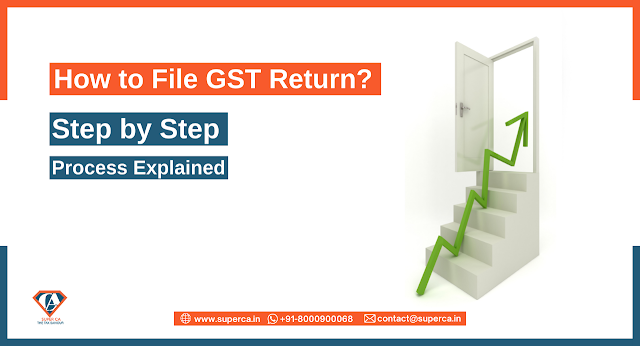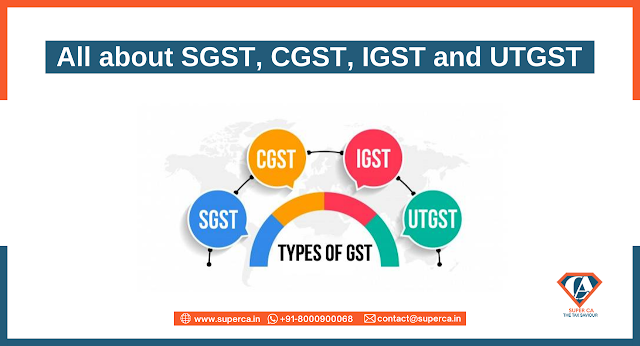Taxes which are replaced by GST

On 1st July 2017, the government of India announced the implementation of GST in India. It was a big move, as it marked a significant indirect tax reform in the country by blending all indirect tax levied on goods and services. GST had replaced 17 local levies like excise duty, service tax, VAT and 13 cesses.
Most of the complex indirect system problems have also been eased by GST with a simple, transparent and technology-driven tax regime and has thus integrated India into a single common market. Further, Tax arbitrage across states that distorted business investment decisions has also been eliminated by the implementation of GST. The present CGST replaced the earlier existing tax like service tax, excise, etc. whereas SGST replaced the earlier existing tax like sales tax, luxury tax, entry tax, etc. IGST is a combined form of CGST and SGST and had replaced earlier existing CST, CVD and SAD etc..
Taxes that were replaced by the GST
The implementation of the Goods and Services Tax (GST) replaced a number of taxes of both the state and the central level. The levies that were replaced are listed belowCentral Taxes which were replaced -
➢ Additional duties of excise➢ Central Excise Duty
➢ Service Tax
➢ Surcharges & Cesses
➢ Central Sales tax
➢ Excise duty levied under Medicinal & Toiletries Preparation Act
➢ Additional duties of Excise levied under Textiles & Textile Products
➢ Additional duties of Customs(CVD & SAD)
State-level taxes which have been replaced by GST-
➢ State VAT/Sales Tax➢ Central Sales Tax
➢ Purchase Tax
➢ Entertainment Taxes other than those levied by local bodies
➢ Luxury Tax
➢ All forms of Entry Tax
➢ Taxes on lottery, betting & gambling
➢ Surcharges & Cesses
➢ Taxes on advertisements
Although the main motive of GST implementation was “One Nation One Tax” but yet there are some taxes that are not covered under GST such as -
Taxes that are not covered under GST -
➢ Custom Duty➢ Stamp Duty
➢ Vehicle Tax
➢ Excise on Liquor
➢ Tax on Sale and Consumption of Electricity
➢ Entry Taxes and Toll
➢ Entertainment Tax (Levied by Local Bodies)
➢ Road Tax
➢ Petroleum crude, Diesel, Petrol, ATF & Natural Gas
About online GST registration
As per the GST rules, it is mandatory for a business/supplier that has a turnover of above Rs.40 lakhs (Rs 10 lakhs for special category states present in hill states and North-Eastern states) to register as a normal taxable entity through online GST Registration Process. In online GST registration, no manual intervention or physical paper submissions is required. The online process is as simple as it may sound. It is usually completed within 4–6 working days and the supplier is allotted a 15-digit GSTIN (GST identification number) and a certificate of registration by the GST department. Various types of online GST Registration are described under the GST ActIf the organizations fulfilling the eligibility criteria carries on business without getting the online GST registration process done, it will be an offence under GST and heavy penalties will be applied.




Comments
Post a Comment